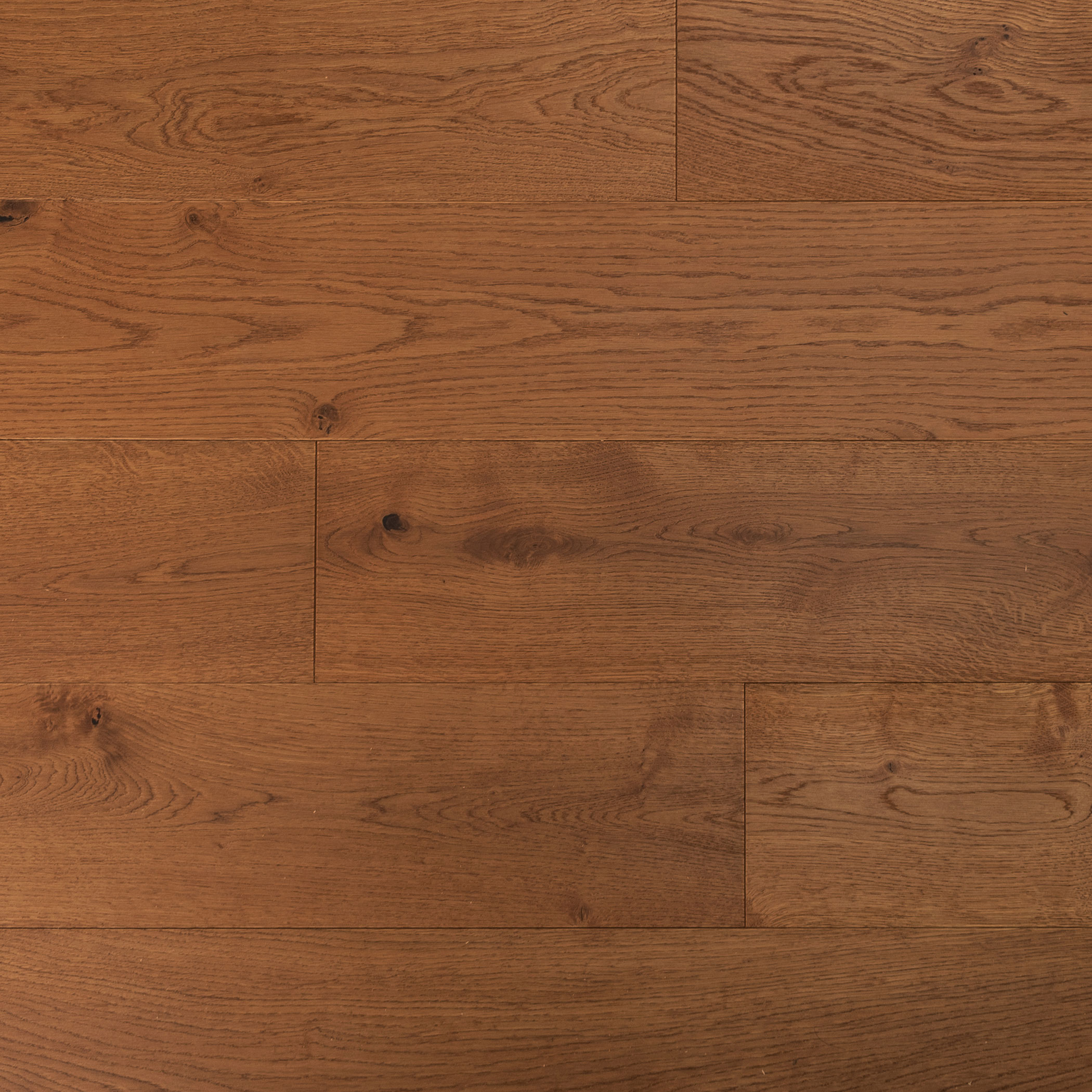
Here are some of our most frequently asked questions.
If you don’t see what you are wondering about – please CONTACT US!
The biggest advantage to use engineered wood flooring instead of solid is stability. In climates where temperatures and humidity levels change a lot, like high humidity in the summer and very dry conditions in the winter, an engineered floor is going to perform better. There will be less expansion in the high humidity months and less contraction in the low humidity months. Engineered hardwoods can also be installed over radiant heat and concrete where solid can not.
Grade and Quality are often confused to mean one in the same. In hardwood, grade and quality actually mean two different things. The quality of the flooring is determined by the manufacturer and the milling procedure. Grade refers to the visual. Higher grade material indicates that the floor will be more uniform in color and free of knots and mineral. Lower grade material allows for more color variation and can contain knots and mineral.
Engineered wood flooring is perfect for this application! No matter how dry your basement is, cement always has some moisture content so wood flooring installed over cement will wick that moisture into the wood fibers, causing the flooring to cup and warp. Engineered flooring on the other hand, when installed with the proper moisture barrier or adhesive is designed for this application.
NO! This is a common misconception. There is a huge difference between synthetic flooring and engineered flooring. Engineered wood floors are still 100% real wood, they are just constructed differently so that they can offer more applications and greater stability so wider planks can be used.